National Assembly Delegate Nguyen Van Huy ( Hung Yen ):
Have a clear inspection, supervision and post-inspection mechanism
Regarding the right of civil servants to sign contracts to carry out professional activities and business activities, Point a, Clause 1, Article 13 of the draft Law stipulates that civil servants are allowed to sign labor contracts or service contracts with other agencies, organizations and units if it is not contrary to the agreement in the employment contract and is not prohibited by law.
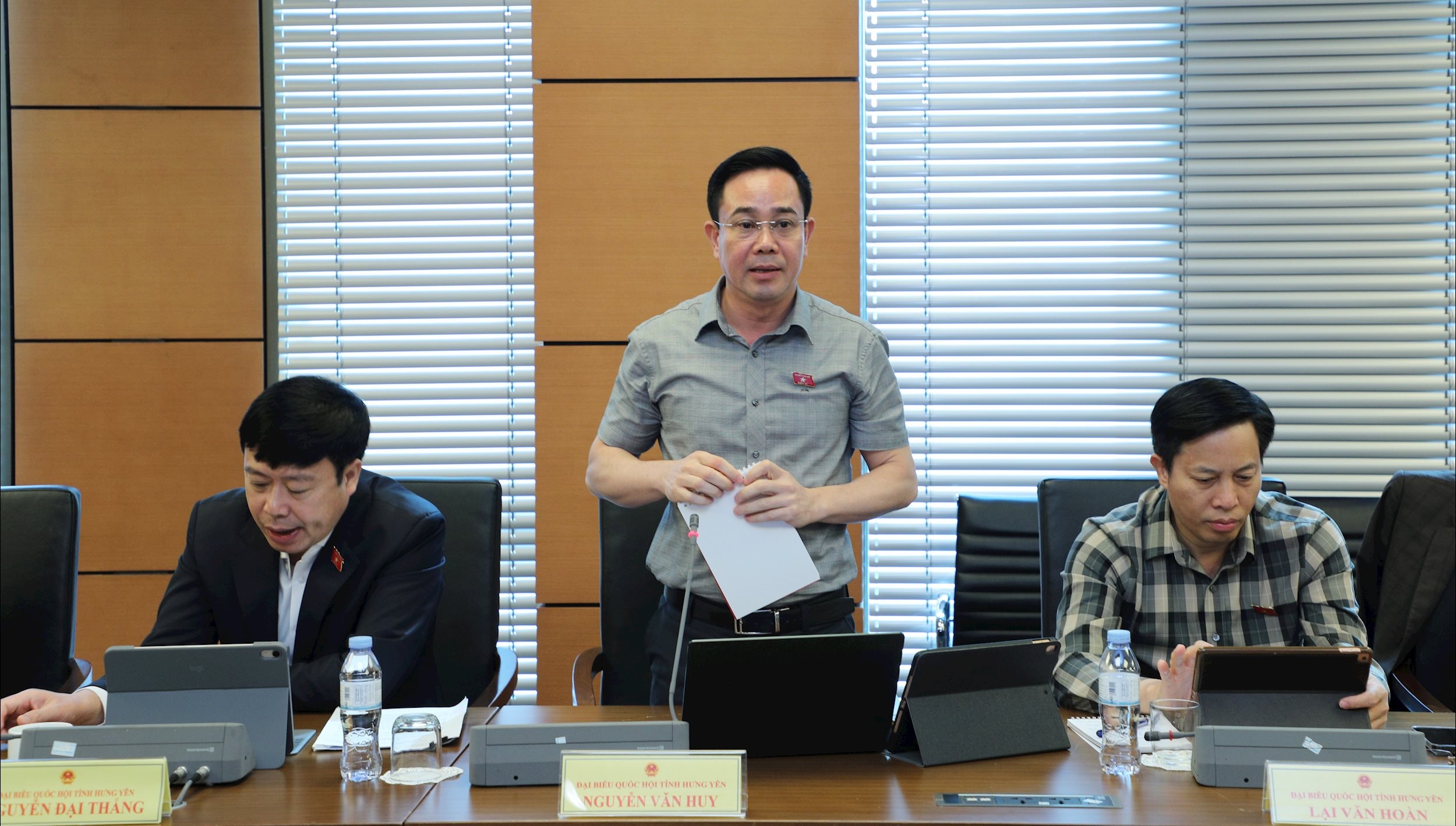
Such a regulation is a very new and reasonable point, demonstrating the spirit of expanding professional freedom and exploiting the capacity and experience of civil servants; at the same time, creating conditions to increase legitimate income for civil servants.
However, to avoid the situation of "the outside leg is longer than the inside leg" when performing official duties, it is recommended to maintain the provisions of the current Law on civil servants completing assigned tasks before going to work outside; ensuring that they do not violate the obligations in the main employment contract, fully perform the tasks, working hours and labor discipline at the place of work; not allowing the signing of another contract to affect the quality, progress, efficiency of work or violate the internal regulations of the agency. And, if the employment contract has provisions on restrictions on outside professional activities, civil servants must strictly comply with those provisions.
Regarding the authority to recruit civil servants, Article 18 of the draft Law allows the management agency of public service units to recruit civil servants according to the decentralization and authorization of ministries, branches, and provincial People's Committees; public service units recruit civil servants when decentralized according to the Government's regulations. This provision is consistent with the policy of promoting decentralization being implemented in the current political system; promoting the autonomy and creativity of public service units; improving the effectiveness and efficiency of the units' operations and also ensuring consistency with the Law on Organization of Local Government.
However, it is recommended that the drafting agency conduct additional research to have a clear inspection, supervision, and post-inspection mechanism for decentralized and authorized agencies. The recruitment process from the time of announcement to receiving applications, organizing exams, interviews, and approving results must also be public, transparent, and have independent inspection to prevent and combat negativity.
National Assembly Delegate Tran Dinh Gia ( Ha Tinh ):
Ensure consistency and logic in regulations on civil servant recruitment methods
Through research, I basically agree with the provisions of the Draft Law on Civil Servants (amended).
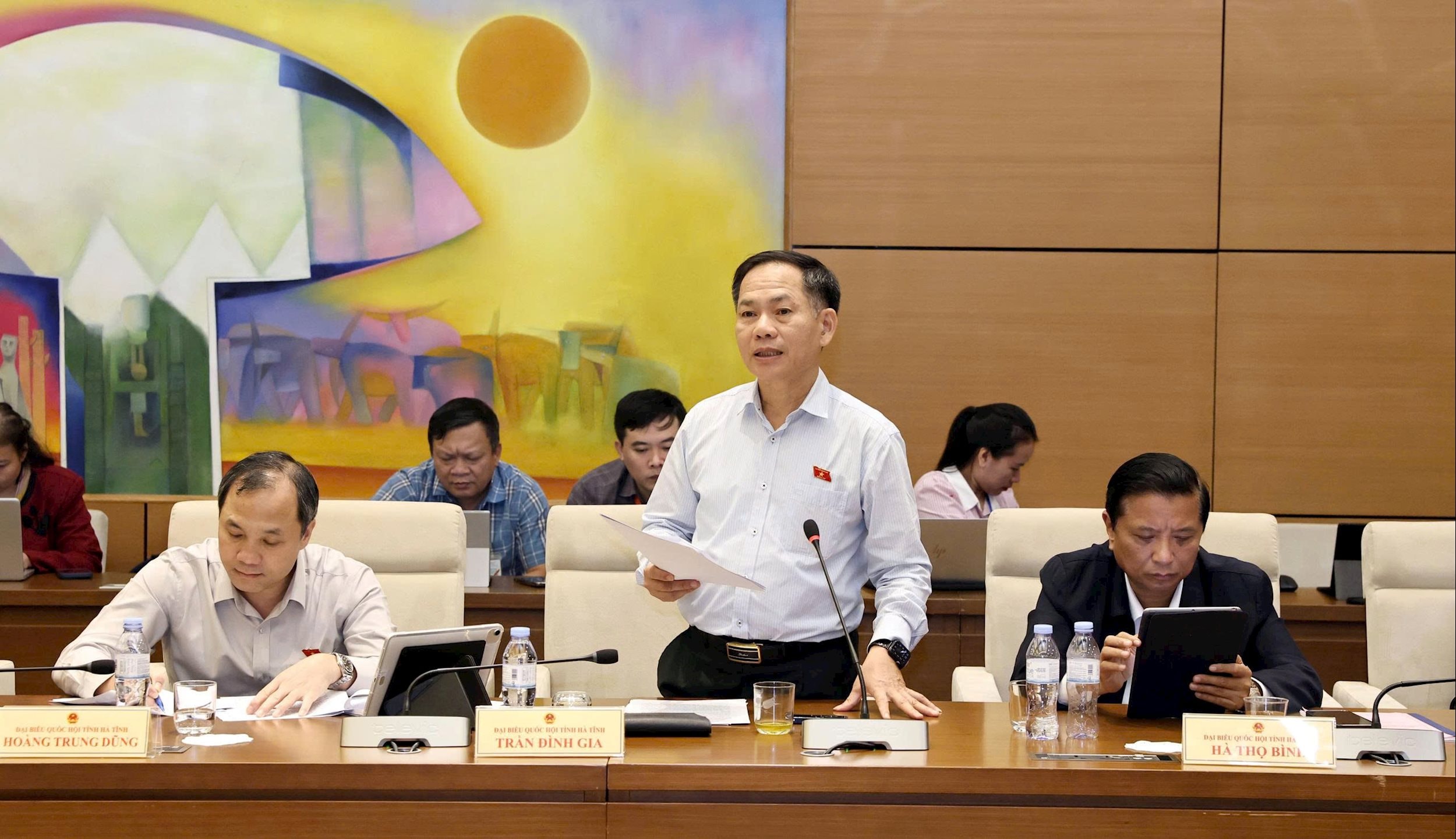
Regarding the regulations on what civil servants are not allowed to do (Article 10), Clause 1 stipulates that civil servants are not allowed to "participate in strikes".
However, the above complete prohibition is not consistent with the legitimate rights and interests of workers as stipulated in the Labor Code and international treaties to which Vietnam is a member.
Therefore, I propose to consider the regulation in a more flexible direction, only limiting the right to strike for civil servants in specific, essential fields related to security, defense, health, education and basic public services. For the rest, we can study the mechanism of collective negotiation and dialogue to ensure harmony between the rights of civil servants and the requirements of stability and continuity in the operations of public service units.
Regarding the regulations on the method of recruiting civil servants (Article 17), Clause 3 of the draft Law stipulates: "For those who are civil servants, public employees, and those who are working in agencies in the political system, if they immediately meet the requirements of the civil servant position, they will carry out job transfer procedures according to the provisions of law."
I think this regulation is not suitable because the subjects are civil servants and public employees who have been recruited and are working in the political system; transferring to a public service unit is not a case of new recruitment but a form of mobilization and reception.
Therefore, it is recommended to consider transferring this content to Article 30 on "Transfer of civil servants" to ensure consistency, logic and conformity with the nature of public service, civil servant and public employee relations.
National Assembly Delegate Huynh Thi Anh Suong (Quang Ngai):
Evaluate employees based on output, work results and satisfaction level
Regarding the regulation that civil servants are allowed to contribute capital, participate in the management and operation of enterprises, it is recommended that there should be specific regulations, clearly demonstrating the spirit of openness and encouraging creativity for these civil servants, but there should be regulations to avoid conflicts of interest and group interests when both operating public service units and operating and managing units outside the public sector.
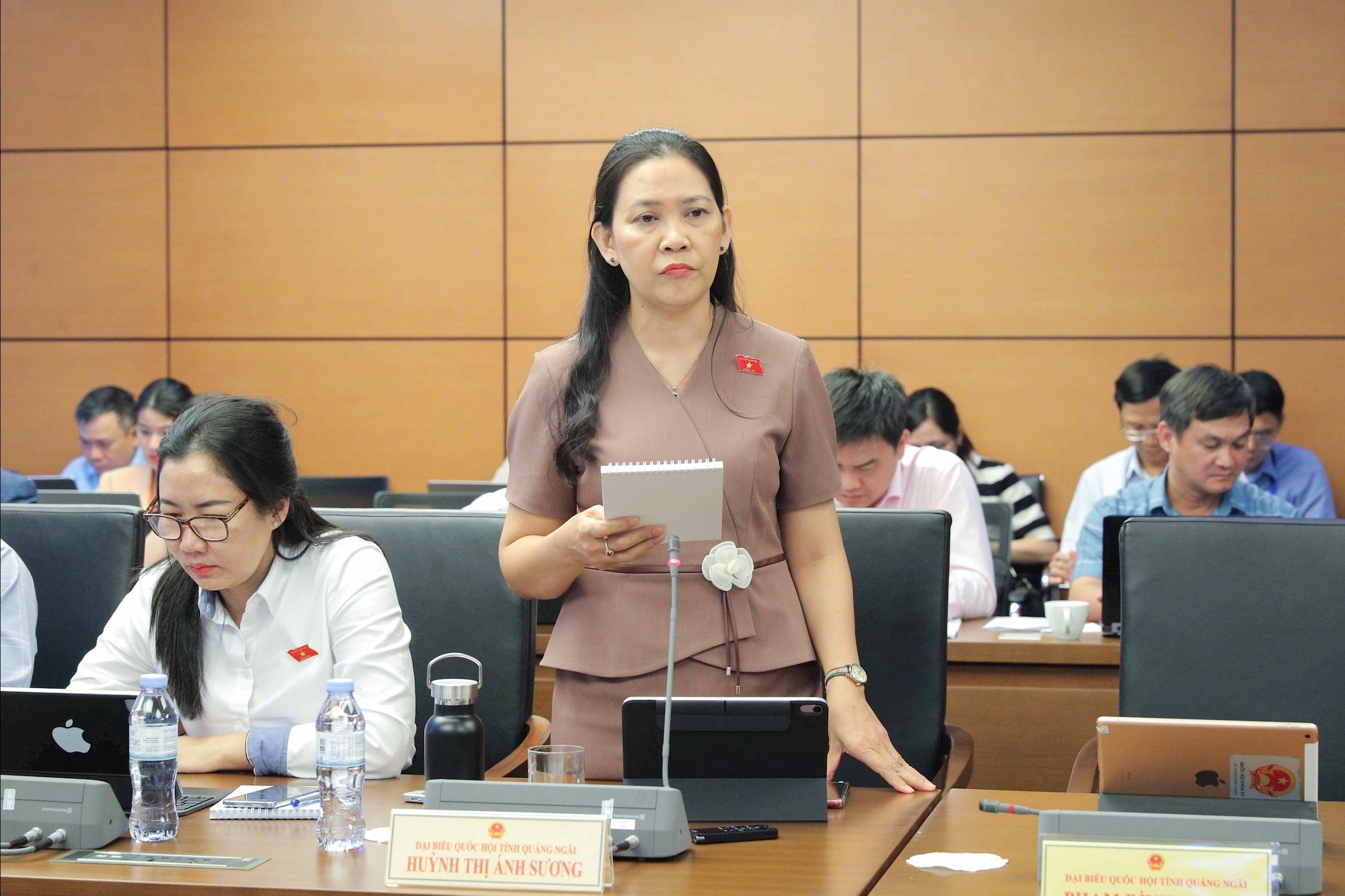
Regarding the concept of civil servants, the draft law basically inherits the current regulations, but has not clarified the characteristics of civil servants in the public sector. It is proposed to add the phrase "civil servants performing the task of providing public services" to clearly affirm the nature of civil servants, distinguishing them from employees in enterprises or the non-public sector. At the same time, it is consistent with the viewpoint that the State has a policy to ensure the connection of human resources between the public and private sectors.
Regarding the policy for developing public service units, it is recommended to clarify the mechanism of comprehensive autonomy in organization, finance and personnel for qualified public service units; and there should be specific policies to support public service units in disadvantaged areas, in essential fields such as education, health, and culture, to ensure good public service delivery to the people.
Regarding the evaluation of civil servants stipulated in the draft law, it can be seen that the evaluation of civil servants is still quite cumbersome. It is recommended to clearly stipulate the principles of evaluation based on output products, work results and the satisfaction level of the served subjects. At the same time, closely linked to the salary, bonus and discipline regime in accordance with the spirit of Resolution 27-NQ/TW on reforming salary policy.
National Assembly Delegate Doan Thi Le An (Cao Bang):
More specific regulations on criteria, scales, and methods for evaluating civil servants
Regarding the method of recruiting civil servants in Article 17 of the draft law, I propose to expand and be more flexible in the recruitment method, not only through examinations but also combining capacity assessment, interviews or recruitment based on actual capacity. At the same time, research and supplement regulations allowing direct recruitment (without examinations) for good doctors and pharmacists who volunteer to work in particularly difficult areas, or loosen recruitment standards (for example, accepting recruitment, graduates according to the address of use).
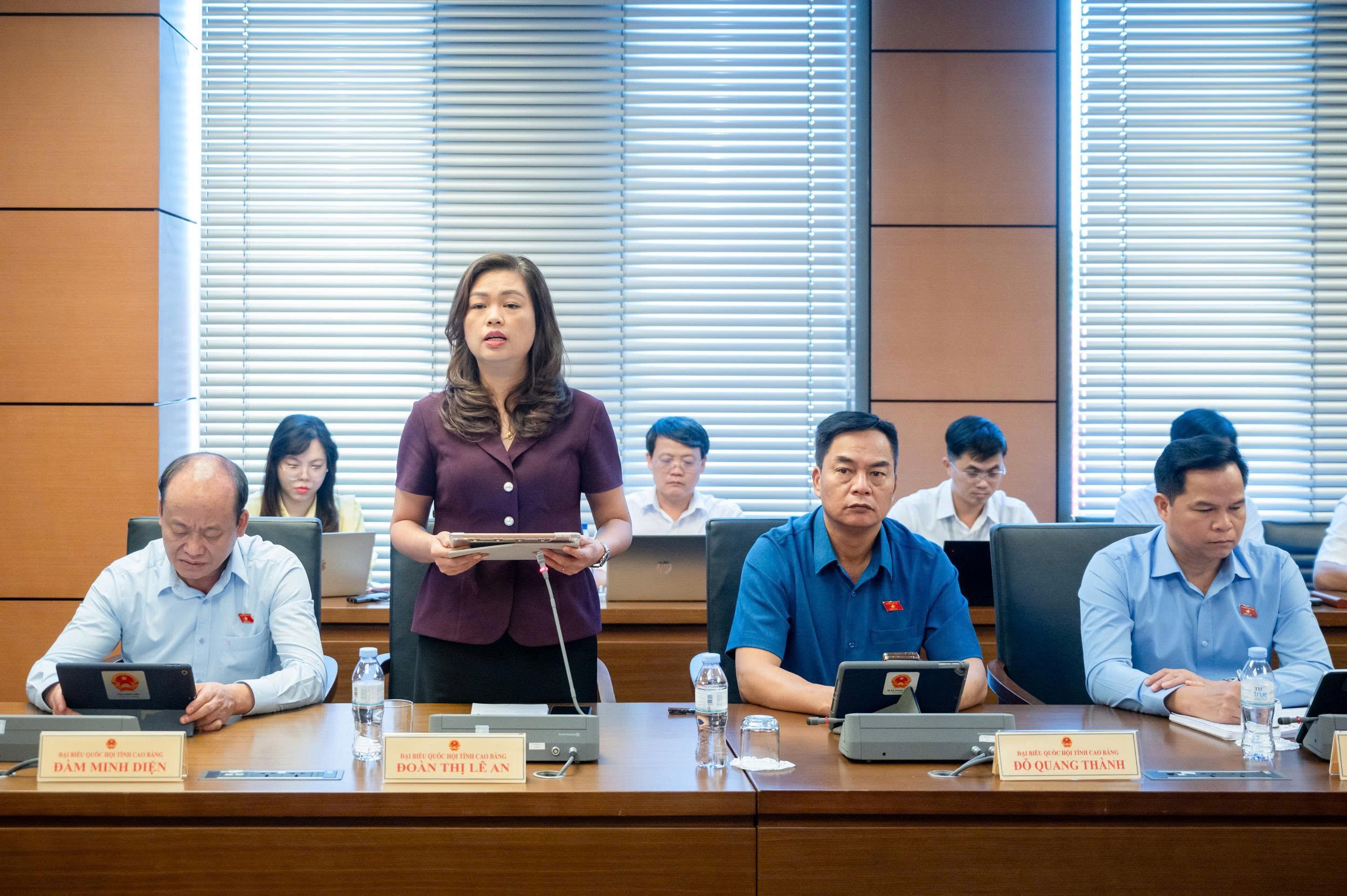
Point a Clause 2 Article 17 of the draft law has opened up the form of signing contracts directly with appropriate “experts, scientists, talented people”. It is recommended that the Government, when providing detailed regulations, should have guidelines to prioritize the recruitment of local people and ethnic minorities who have received medical training, because this group is more likely to have a long-term commitment to highland medical facilities.
Although the revised Law on Civil Servants aims to end the “lifetime tenure” mechanism and switch to fixed-term contracts to increase competition and screen out poor candidates, in particularly difficult areas, having all civil servants only have fixed-term contracts may reduce human resource attraction. Therefore, it is recommended to consider maintaining or expanding the scope of indefinite-term contracts for health officials working in particularly difficult areas (at least after they have completed a few years of probation), in order to create peace of mind, stability and encourage long-term commitment.
In addition, there should be a priority mechanism in planning and appointing officials with achievements and seniority working in difficult areas - as a form of incentive to retain officials. This principle can be incorporated when developing guidance regulations in Point a, Clause 2, Article 25 on using assessment results to plan, appoint, and assign to higher positions for those who have completed their tasks excellently.
The draft law should also provide more specific regulations on criteria, scales, and assessment methods, linked to output results and task completion levels, avoiding formalities and equalization. There should be an independent monitoring mechanism and public disclosure of assessment results to ensure fairness and transparency. Currently, many public service units are losing high-quality human resources to the private sector. It is recommended that the draft law supplement policies on salary, benefits, working environment, and promotion opportunities appropriate to the specific characteristics of the profession and the results of contributions. It is necessary to encourage the mechanism of contract work, contract expenditure, and expert contracts.
Source: https://daibieunhandan.vn/quy-dinh-cu-the-viec-vien-chuc-tham-gia-gop-von-dieu-hanh-doanh-nghiep-10392498.html


![[Photo] General Secretary To Lam and his wife begin their official visit to Bulgaria](https://vphoto.vietnam.vn/thumb/1200x675/vietnam/resource/IMAGE/2025/10/23/1761174468226_tbtpn5-jpg.webp)


![[Photo] Comrade Nguyen Duy Ngoc visited and worked at SITRA Innovation Fund and ICEYE Space Technology Company](https://vphoto.vietnam.vn/thumb/1200x675/vietnam/resource/IMAGE/2025/10/23/1761174470916_dcngoc1-jpg.webp)
![[Photo] Award Ceremony of the Political Contest on Protecting the Party's Ideological Foundation](https://vphoto.vietnam.vn/thumb/1200x675/vietnam/resource/IMAGE/2025/10/22/1761151665557_giaia-jpg.webp)
![[Photo] Da Nang: Shock forces protect people's lives and property from natural disasters](https://vphoto.vietnam.vn/thumb/1200x675/vietnam/resource/IMAGE/2025/10/22/1761145662726_ndo_tr_z7144555003331-7912dd3d47479764c3df11043a705f22-3095-jpg.webp)
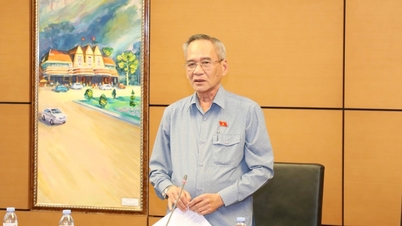
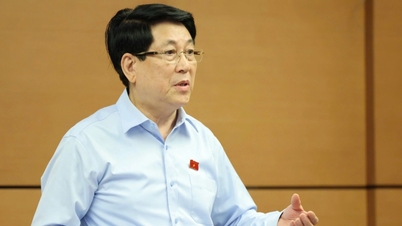

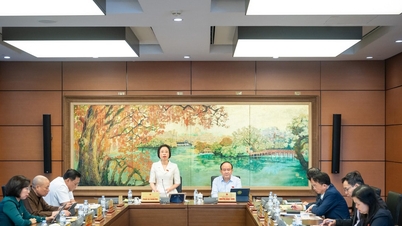
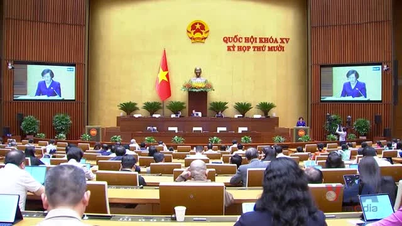

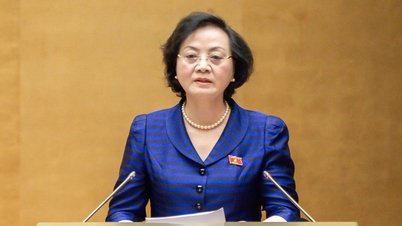

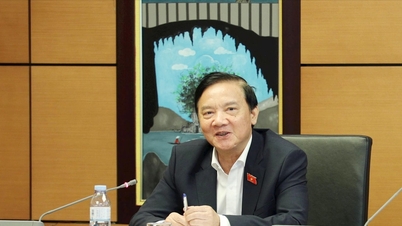
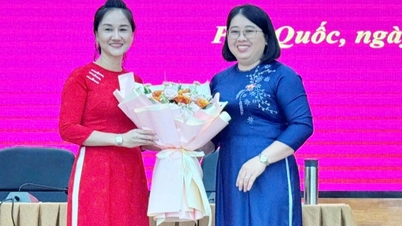
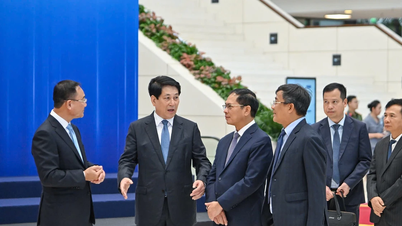

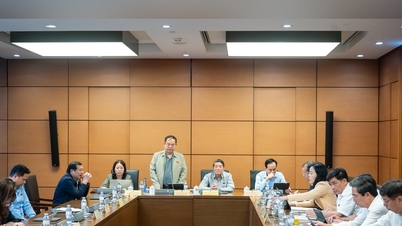
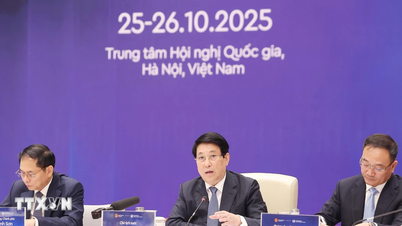

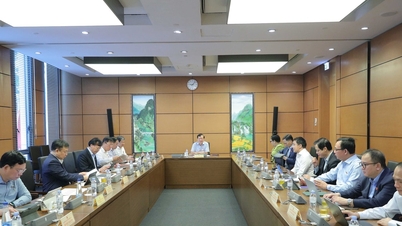




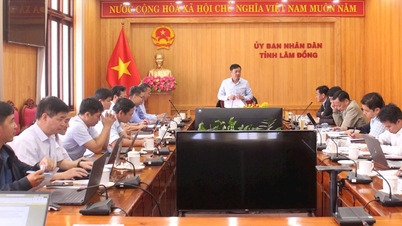
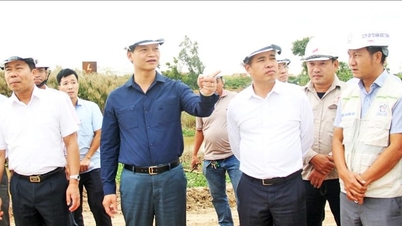

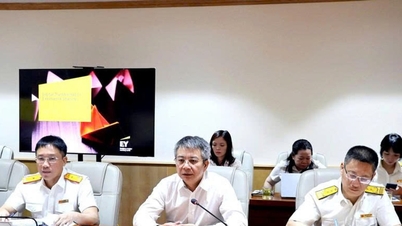

















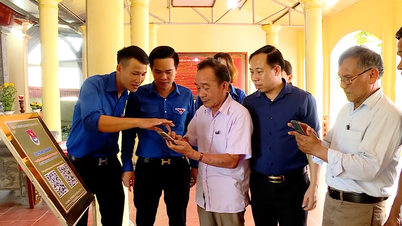







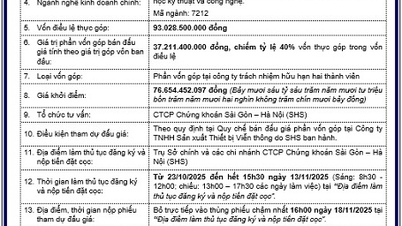
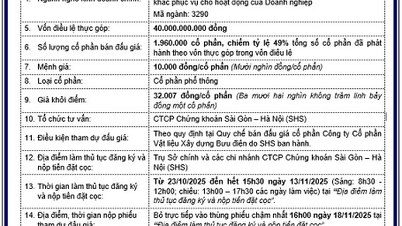












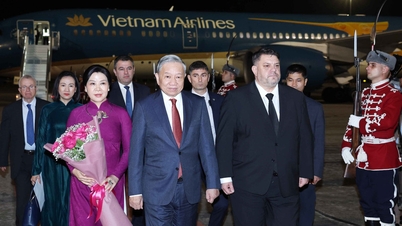







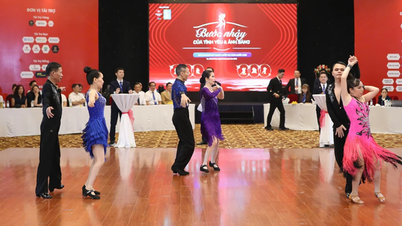
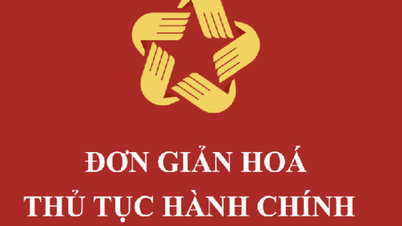

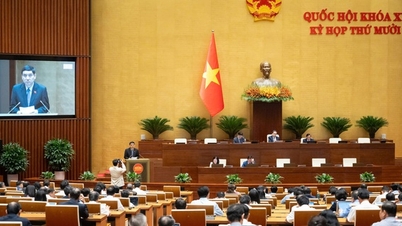
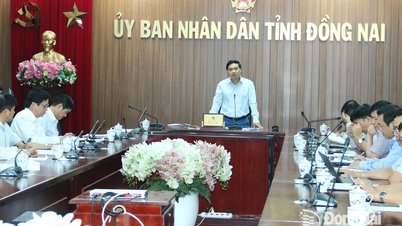
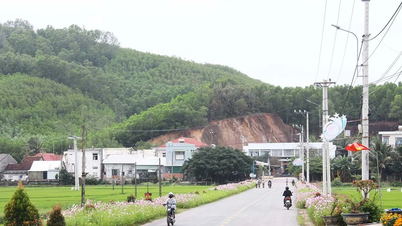

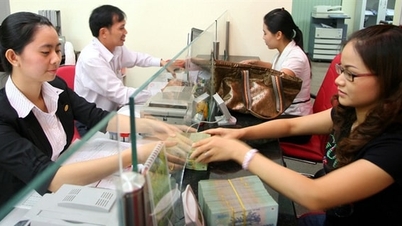

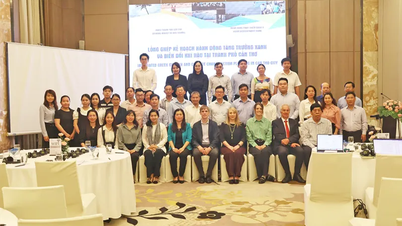

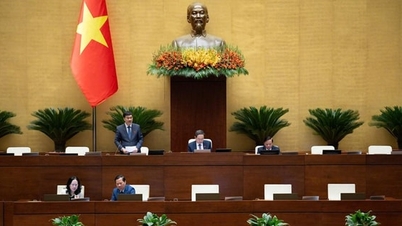
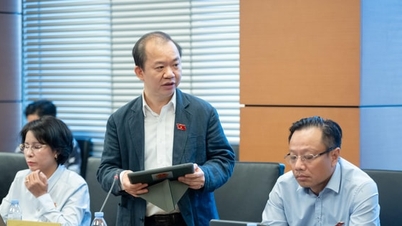
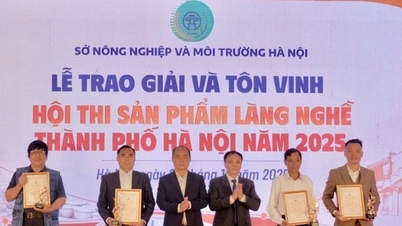













Comment (0)